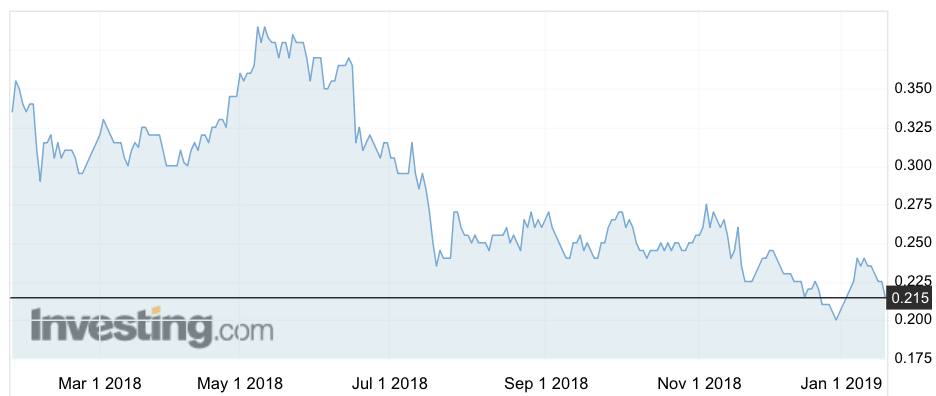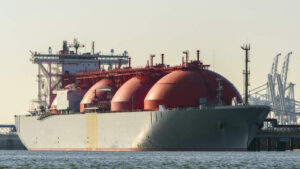Oil price crash halves Buru’s cashflow in December qtr

Pic: Matthias Kulka / The Image Bank via Getty Images
The collapsed oil price in the December quarter has halved Buru Energy’s cash take for the period.
Cash flows from oil production in that quarter were $1.4 million, compared to $2.7m in the previous period — when global oil prices hit their peak in 2018.
Buru (ASX:BRU) produces from its Ungani field in the Canning Basin in Western Australia. The oil is trucked to Wydham Port and from there sold.
The company secured a price of $108 ($US77) a barrel for an 74,400 barrel shipment on October 21.
But that sank to an estimated $69 ($US49) for a 70,000 barrel cargo on December 31.
Buru gets the Brent price for its oil, the marker for North Sea oil. That hit a 2018 nadir on December 25 at $US49.93.
The company produced a total of about 91,000 barrels, half of which is Buru’s share, at an average of about 1,000 barrels a day from four operating wells.
One had been shut down for most of the period for ‘sidetracking’ operations — when a secondary well is drilled away from the original.
- Subscribe to our daily newsletter
- Bookmark this link for small cap news
- Join our small cap Facebook group
- Follow us on Facebook or Twitter
The December quarter was also when the wet season began in northern Australia.
Buru said ‘weather-proofing’ of its access road meant there had been no interruptions from rain so far.
Higher development and exploration costs across the quarter, as well as a $2.9m pay-down of debt to Alcoa, meant the company hit negative cash flows of $7m.
It also got a cash bump of $51.3m in the prior quarter by selling a stake in the Ungani field to Roc Oil, which wasn’t repeated in the December period.
Buru shares were flat at 21.5c.

UNLOCK INSIGHTS
Discover the untold stories of emerging ASX stocks.
Daily news and expert analysis, it's free to subscribe.
By proceeding, you confirm you understand that we handle personal information in accordance with our Privacy Policy.








